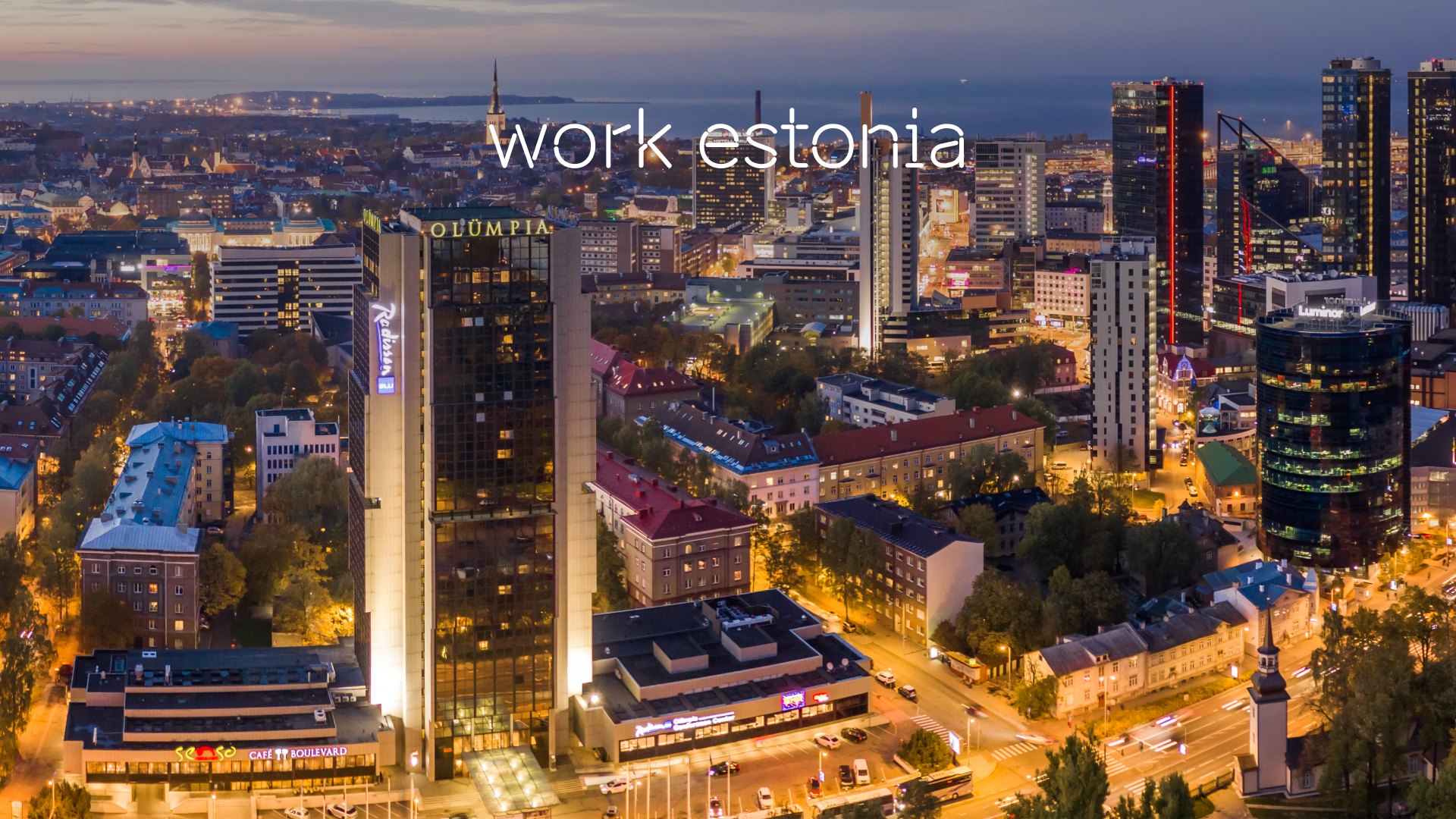
The Complete Guide to International Moving in 2025
Navigate your international move with confidence. This comprehensive guide covers everything from choosing moving companies to understanding customs regulations, designed specifically for modern expats.
Moving internationally can feel overwhelming, but with proper planning and the right knowledge, your global relocation can be smooth and stress-free. This comprehensive guide will walk you through every aspect of international moving, from initial planning to settling into your new home.
Why International Moving is More Complex Than Domestic Moves
International moves involve multiple layers of complexity that domestic relocations simply don't face:
- Customs regulations that vary by country
- Multiple transportation methods (sea freight, air freight, land transport)
- Currency fluctuations affecting costs
- Legal documentation requirements
- Cultural adaptation challenges
Phase 1: Planning Your International Move (8-12 Weeks Before)
1. Research Your Destination Country
Before anything else, thoroughly research your destination:
- Visa and immigration requirements
- Cost of living comparisons
- Healthcare system overview
- Tax implications for expats
- Cultural norms and business practices
2. Create a Moving Timeline
A detailed timeline prevents last-minute stress:
12 weeks before:
- Research moving companies
- Begin visa applications
- Start decluttering possessions
8 weeks before:
- Book your moving company
- Arrange temporary housing
- Begin school research (if applicable)
4 weeks before:
- Confirm all bookings
- Pack essentials separately
- Arrange travel insurance
Phase 2: Choosing the Right Moving Company
Red Flags to Avoid
- Companies requesting large upfront payments
- No physical office address
- Significantly lower quotes than competitors
- Poor online reviews or Better Business Bureau ratings
Essential Questions to Ask
- Are you licensed for international moves?
- What insurance coverage do you provide?
- How do you handle customs procedures?
- What's your estimated timeline?
- Can you provide references from recent international clients?
Phase 3: Understanding Shipping Options
Sea Freight vs Air Freight
Sea Freight:
- Cost: 50-70% cheaper than air
- Timeline: 4-8 weeks transit time
- Best for: Large household shipments
Air Freight:
- Cost: 2-3x more expensive
- Timeline: 1-2 weeks transit time
- Best for: Essential items, documents, small shipments
Container Options
Full Container Load (FCL):
- Entire container for your belongings
- More secure and faster
- Cost-effective for large moves
Less than Container Load (LCL):
- Share container space
- More affordable for smaller shipments
- Longer processing times
Phase 4: Customs and Documentation
Essential Documents
Every international move requires proper documentation:
- Passport and visa
- Detailed inventory list (in English and destination language)
- Proof of residence in destination country
- Insurance certificates
- Special permits (for restricted items)
Common Restricted Items
Almost every country restricts certain items:
- Plants and food products
- Medications (prescription and over-the-counter)
- Electronics with different voltage requirements
- Firearms and ammunition
- Certain chemicals and batteries
Phase 5: Managing Moving Costs
Hidden Costs to Budget For
International moves often include unexpected expenses:
- Storage fees if delivery is delayed
- Customs duties and taxes
- Currency conversion fees
- Temporary accommodation costs
- Utility deposits in new country
Money-Saving Strategies
- Move during off-peak seasons (avoid summer months)
- Declutter extensively before moving
- Get multiple quotes from different companies
- Consider partial DIY moves for non-essential items
- Use commission-free platforms like MyExpatGo to avoid broker markups
Phase 6: Settling Into Your New Country
First Week Priorities
- Register with local authorities (often required within 7-14 days)
- Open a local bank account
- Secure temporary phone/internet
- Locate nearest embassy/consulate
- Find essential services (grocery stores, pharmacy, hospital)
Long-term Integration
- Language learning programs
- Professional networking opportunities
- Cultural orientation courses
- Expat community groups
- Local hobby or sports clubs
Technology Solutions for Modern Expats
Traditional moving brokers charge 15-20% commission fees that you ultimately pay. Modern platforms like MyExpatGo eliminate these markups by connecting you directly with moving companies while providing:
- Transparent pricing with no hidden broker fees
- Real-time tracking of your shipment
- AI-powered recommendations for all aspects of your move
- Expert support without commission conflicts
- Comprehensive planning tools to manage every detail
Common International Moving Mistakes to Avoid
1. Underestimating Timeline
International moves take 2-3x longer than domestic moves. Start planning at least 3 months in advance.
2. Inadequate Insurance
Standard moving insurance may not cover international transport. Invest in comprehensive coverage.
3. Ignoring Destination Research
What works in your home country may not work abroad. Research electrical systems, housing standards, and local regulations.
4. Poor Documentation
Incomplete or incorrect paperwork can delay your shipment for weeks. Triple-check all documentation.
5. Not Planning for Culture Shock
Mental preparation is as important as physical preparation. Consider cultural orientation programs.
Conclusion
International moving in 2025 requires careful planning, thorough research, and the right support team. By following this comprehensive guide and using modern tools like commission-free moving platforms, you can navigate your global relocation with confidence.
Remember: the key to a successful international move is starting early, staying organized, and working with trustworthy professionals who put your interests first.
Ready to start planning your international move? Explore commission-free moving solutions that save you thousands while providing expert support every step of the way.


